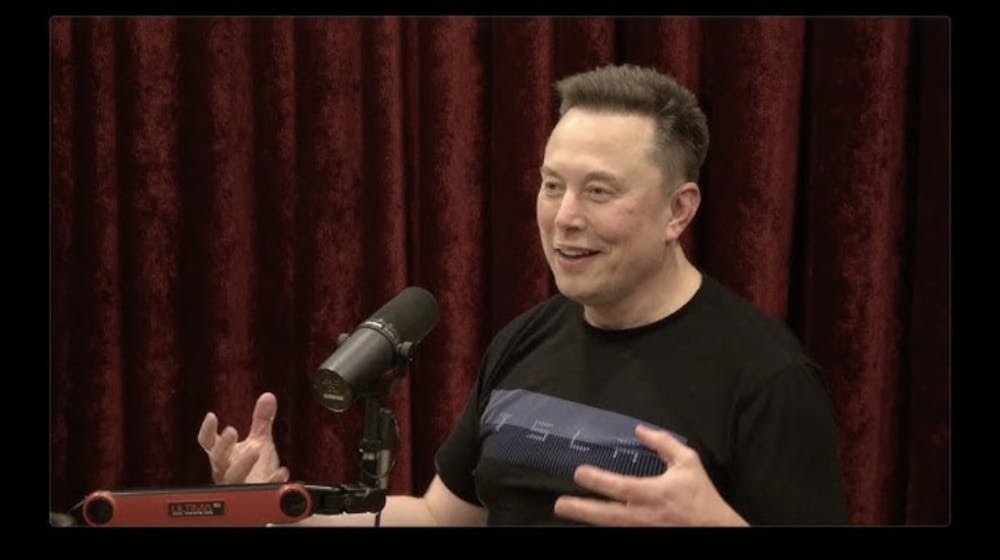By Jack Salaki
Correspondent
Elon Musk has painted a bold vision of the future: a world where artificial intelligence and robotics make work optional and money irrelevant. According to the billionaire businessman, we will eventually live in an AI operated utopia. He first floated this idea on Joe Rogan's podcast a few weeks ago. He also returned to it at the U.S.-Saudi Investment Forum on Nov. 19.
When asked about the long-term impact of AI and robotics on work, Musk said, "I don't know what long term is, maybe it's 10, 20 years or something like that. My prediction is that work will be optional."
Musk added that work will be like "playing sports or a video game or something like that." It won't be required, but it will still be something that you can do.
On Rogan's show a few weeks back, he went into great detail on this point, further describing how he believes AI will make work optional. Musk also believes that a universal basic income will be introduced at some point to allow people to purchase goods. Although he did acknowledge that there will be many problems, stating that "there will be a lot of trauma and disruption along the way,” he mainly focused on the positives.
Even though Musk briefly mentions that there will be problems getting to this utopia, I don't think it's realistically achievable for the average person or for society as a whole. Jeff Bezos, the founder of Amazon, has also mentioned how he believes AI will make life immensely better.
But why should we listen to billionaires on this topic? They are already living in a utopia. They don't need to work, and for them, it is optional. To me, the idea that AI will make work irrelevant and everyone will get to do nothing all day is nothing more than a pipe dream, a projection of what life is like for some of these people already.
Musk's idea is seductive. Ironically enough, despite Musk being fervently right-wing, his idea of a moneyless paradise where work is optional is the core of Communism, where people's basic needs are covered and everyone is free to do what they want. Although this idea has never been achieved in practice and is impossible to implement, Musk endorses his own version of it.
The biggest issue with Musk's vision is that it glosses over the constraints of reality. AI and robotics are likely to massively disrupt the economy. Many white-collar jobs are already being eliminated. But work will still be needed. Things like energy production, acquiring raw materials, creating new infrastructure and maintaining that infrastructure will require human labor. We are a far way from robotics being able to uphold the roots of modern society.
Additionally, AI ownership matters. If this technology isn’t equally distributed, then it’ll likely only cause more problems than the ones it claims to fix. As of today, the U.S. Gini coefficient, which measures income inequality, stands at 0.49, which is relatively high and has continuously increased in the past 30 years.
Work is more than survival. It gives people purpose and structure. It has been the backbone of mankind for thousands of years. And the transition itself of moving toward AI could create immense instability before any utopia comes to pass, and it will likely cause more problems than the benefits it creates.
Musk's idea of an AI paradise isn't grounded in reality; it's more of a thought experiment from someone unaffected by the changes that AI will bring. Technology alone doesn't fix anything. It's up to people to change the systems that cause inequality to persist, not the machines.







